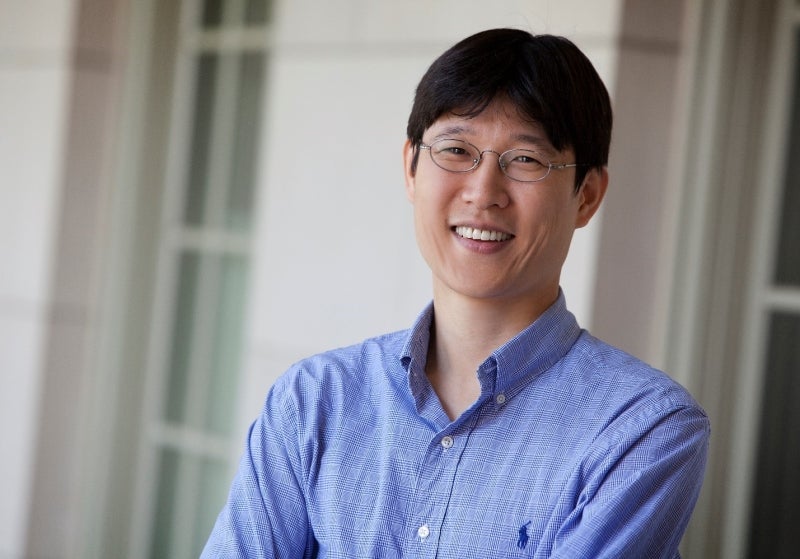The past decade has witnessed the tremendous power of systems and synthetic biology in the creation of genetic parts, devices, and systems, which helps understand complex biological systems. However, its potential for real-world applications has not been fully exploited. One of its promising applications is the construction of programmable cells that are able to integrate multiple environmental signals and to implement synthetic control over biological processes. My research interests are focused on developing microbes that are able to process multiple input signals and to generate user-defined outputs. Specifically, I aim to build genetic programs in order to control various bacterial processes such as gene expression, chemical reactions, and evolution. I will present unpublished results of my research projects by discussing the potential and challenges of systems and synthetic biology to address global problems, including plastic and agricultural waste issues, non-invasive diagnostics and disease treatment using smart probiotics, sustainable bioproduction, and biocontainment of engineered organisms.
* This work is supported by U.S. Department of Energy, U.S. Environmental Protection Agency, U.S. Office of Naval Research, U. S. Department of Agriculture, National Science Foundation, National Institutes of Health, Defense Advanced Research Projects Agency, Air Force Research Laboratory, AIChE, Joint Genome Institute, and Gates Foundation.

Dr. Tae-Sook Moon is an associate professor of chemical engineering at Washington University – St. Louis. Prof. Moon received his BS in Engineering from Seoul National University in 1998 and his MS in Engineering there in 2000. From there, Prof. Moon attended MIT and received his doctorate in Chemical Engineering in 2010. Prior to returning to school, Prof. Moon worked for LG Chem Investment, Ldt and then LG Life Sciences, Ltd in Daejeon, Korea where he was a research scientist and manager. Following his PhD, Prof. Moon spent two years as a postdoctoral associate in Christopher Voight’s group before joining Washington University in 2012.
Professor Moon works in the general area of engineering model and non-model organisms by building genetic circuits to solve global problems, including those associated with climate change, human health, food, and sustainable manufacturing. He has a large, well-funded group of students and postdocs that is supported by the Gates Foundation, AIChE, and 10 different US governmental agencies. He has received the Langer Prize for Innovation and Entrepreneurial Excellence, the B&B Daniel I.C. Wang Award, an NSF CAREER award, an ONR Young Investigator Award, the John C. Sluder Fellowship (MIT), an ILJU Foundation Award, an LG Chemical Fellowship, and the Seoul National Univ. President’s Prize.

